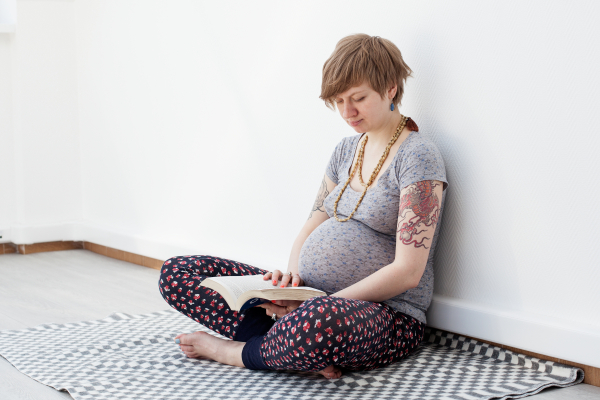The Role of Counseling in the Adoption Decision: How Therapy Can Help
Considering adoption can be an emotionally challenging process for birth parents. Counseling plays a crucial role in providing support and guidance throughout the adoption decision. Here’s how therapy can help.
Place Your Child for Adoption: Mental Health Resources
1. Emotional Support
- Processing Complex Emotions: Counseling provides a safe space for birth parents to explore and process their feelings about adoption. Whether it’s grief, guilt, or uncertainty, therapy can help individuals navigate these complex emotions and gain clarity about their decision.
- Building Coping Skills: Therapists can teach coping skills and strategies to manage stress, anxiety, and other difficult emotions associated with the adoption process. Learning healthy coping mechanisms empowers birth parents to navigate challenges more effectively.
2. Decision-Making Support
- Exploring Options: Counseling helps birth parents explore their options and make informed decisions about adoption. Therapists can provide information and resources to help individuals understand the adoption process and evaluate their choices.
- Clarifying Values and Priorities: Through therapy, birth parents can clarify their values, priorities, and goals for themselves and their child. Understanding personal values and priorities helps individuals make decisions that align with their beliefs and aspirations.
3. Relationship Dynamics
- Navigating Relationships: Counseling supports birth parents in navigating relationships with partners, family members, and others involved in the adoption decision. Therapists can facilitate communication and conflict resolution to ensure healthy relationships throughout the process.
- Setting Boundaries: Therapy helps individuals establish boundaries and assert their needs within relationships. Setting boundaries is essential for maintaining emotional well-being and advocating for oneself during the adoption journey.
4. Post-Placement Support
- Processing Grief and Loss: Counseling provides ongoing support for birth parents after placement, helping them process feelings of grief and loss. Therapists offer coping strategies and resources to support individuals through the grieving process.
- Exploring Post-Placement Relationships: Therapists can help birth parents navigate post-placement relationships with adoptive families and their child. Counseling supports individuals in establishing healthy boundaries and maintaining communication as desired.
Seeking counseling is a proactive step that can empower birth parents to navigate the adoption decision with confidence and clarity. Through therapy, individuals can gain emotional support, make informed decisions, and build skills to navigate relationships and challenges throughout the adoption journey. If you’re considering placing your child for adoption, reach out to the Adoption.com Support team for resources and support on your adoption journey.

